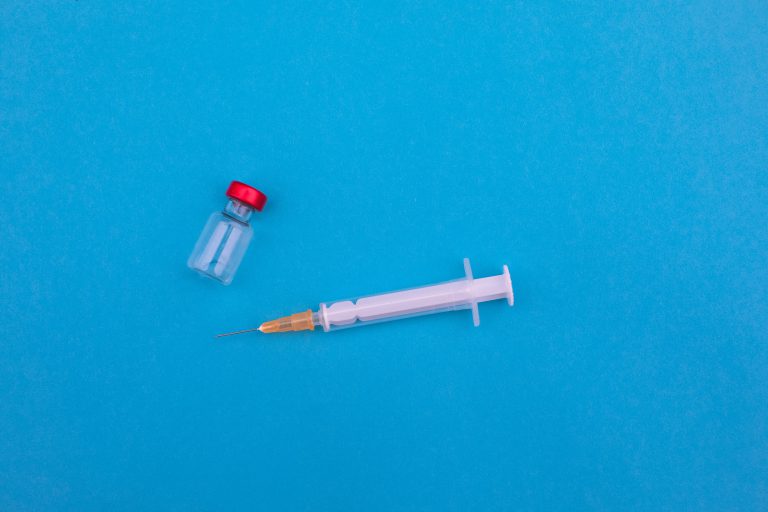Binge eating usually happens when we’re stressed out, and that seems acceptable to a certain extent. Unbeknownst to some, this actually is the most common eating disorder. Although people can develop this disorder at any age, yet it’s most common in adults, especially women between 46 and 55 years old. However, it is more common among men than other eating disorders. What’s shocking about this is that a huge group of these binge eaters is people who work in healthcare. You may assume that healthcare professionals are the healthiest, yet it is also a stressful profession.
The symptoms of binge eating are:
- Eating faster than usual
- Eating alone due to embarrassment
- Eating when not hungry
- Eating until uncomfortably full
- Eating overly due to depression
As mentioned, these symptoms are highly distinguishable in some healthcare industry individuals due to the high demand at their jobs and work environment. Despite dealing with patients in distress, running from one room to another, and doing rounds are a part of the job, these stresses can indeed take a toll on one’s overall health. For this reason, in some cases, most healthcare workers will binge eat as a coping mechanism.
The exact cause of this disorder is still unknown, but there are other factors that can influence this, such as hormonal irregularities or genetic mutations, low self-esteem, and traumatic situations.
A Nightmare Waiting To Happen
Binge eating, as mentioned, is a disorder and may be accompanied by co-occurring or comorbid conditions. To be diagnosed, an individual must have had at least one binge eating episode per week for a minimum of three months. The severity of the disorder ranges from mild to extreme, where extreme binge eating cases involve 14 or more episodes every week.
Additionally, there are many things that can develop, such as psychological, emotional, and physical problems as a result of binge eating. Some of the most common complications that come with this disorder are depression and anxiety, type 2 diabetes, heart disease, cancer joint and muscle pain, digestive problems, sleep disturbance, and increased high blood pressure and cholesterol.
However, the good news is that there are treatments available today.
Treating Binge Eating
Psychotherapy and oral medications are the main treatments for this eating disorder. An individual may be recommended for Cognitive Behavioral Therapy (CBT) to help him or her cope and teach them healthier ways to deal with the urges.
There are also weight loss programs, self-help strategies, lifestyle changes, and home remedies to help a person overcome this disorder. In some cases, one type of therapy may be required, while others may need to try different combinations until they find the right one for them.
Conclusion
The high demand for healthcare workers’ jobs can easily take a toll on their overall health, especially if they don’t get enough rest. As a result, it becomes easy to fall into an eating disorder to cope with the stresses at work, which leads to binge eating. However, this is an eating disorder that can cause significant complications, which is why it’s best to address the issue right away.
Talk to a medical professional if you notice symptoms of binge eating. Also, keep in mind that no matter what treatment is used, it is still vital to make healthy lifestyle and diet choices when possible, such as eating moderately and consuming more nutritious foods.
Catch up on the latest medical news here at Dose of Healthcare today!



















